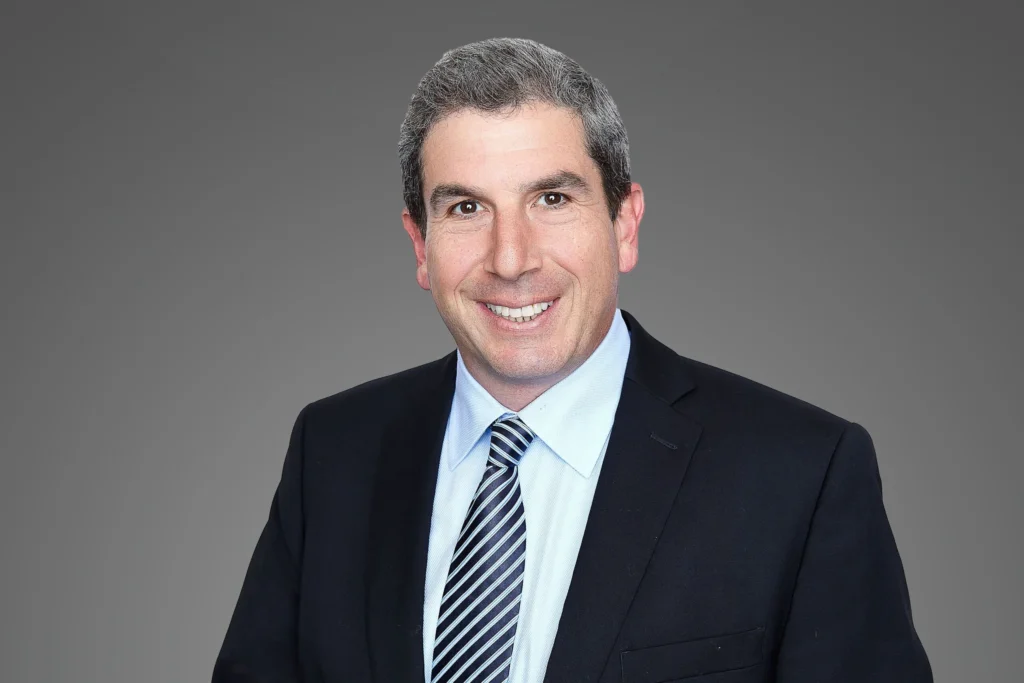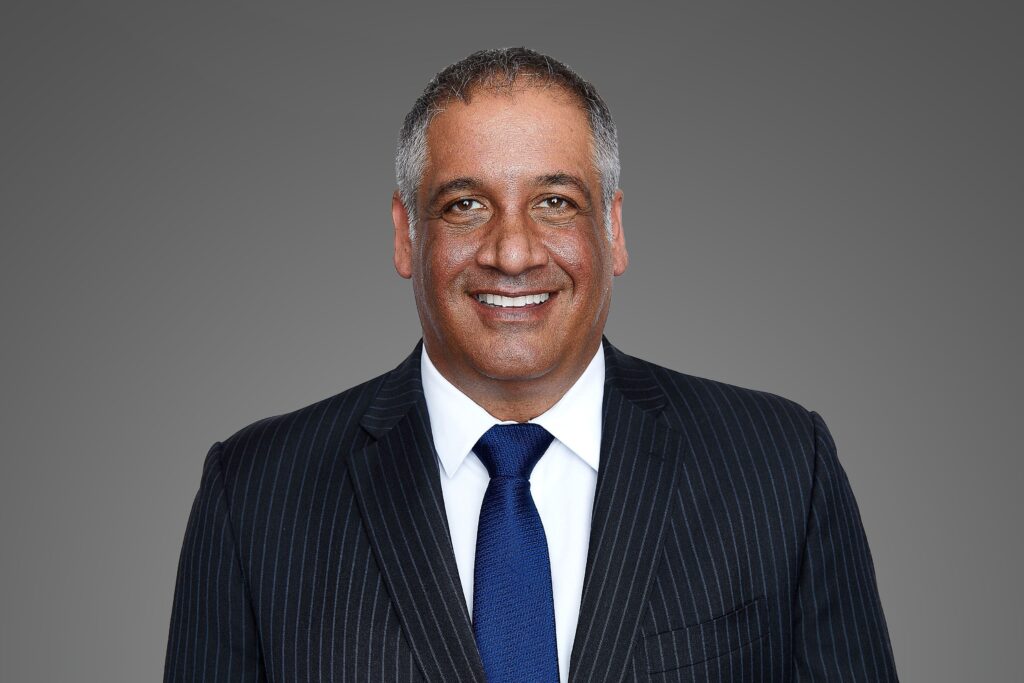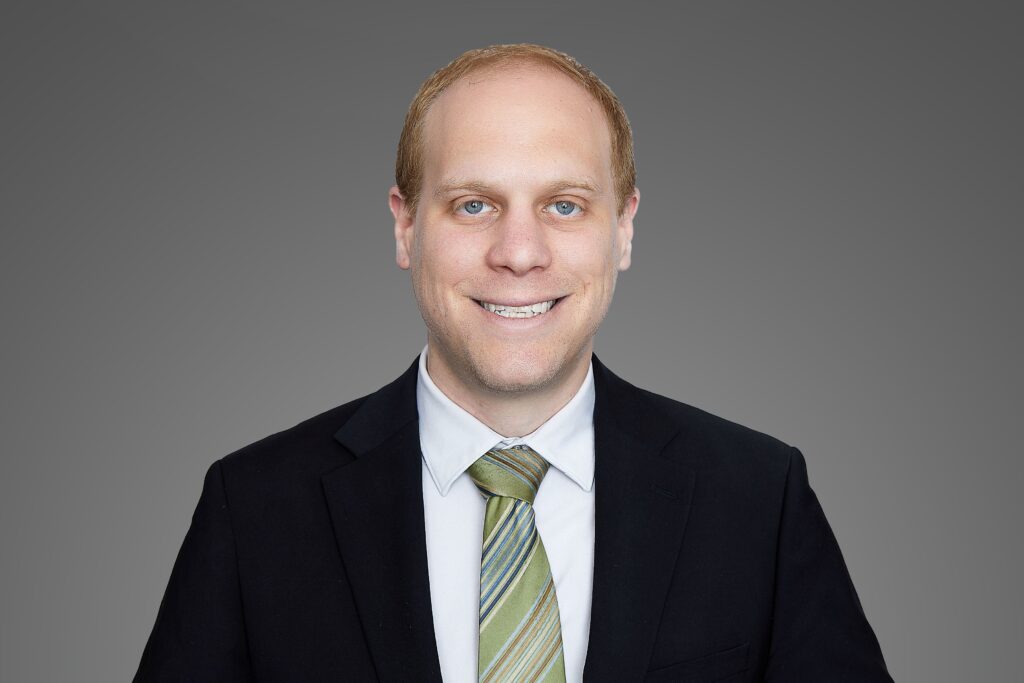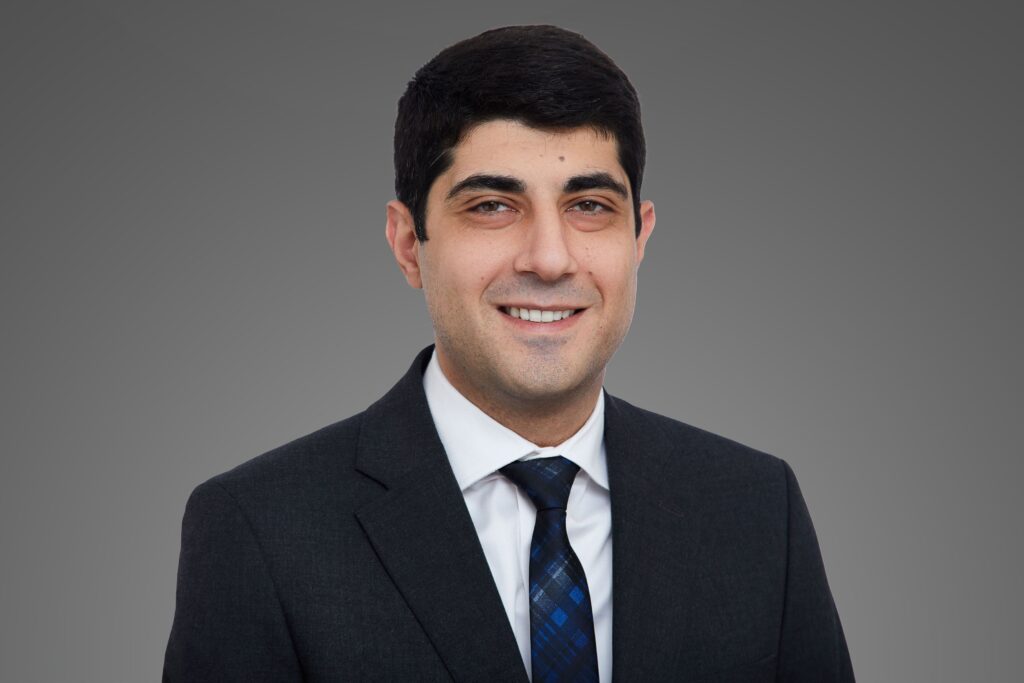Where a personal injury case involves permanent injury or loss of earning capacity, vocational rehabilitation experts are often retained by each side to opine about the Plaintiff’s ability to work and earn a living. A recent California Court of Appeal decision, Haniff v. Sup. Ct. (Hohman) (2017) 214 Cal.Rptr.3d 844, holds that a defendant in a personal injury case cannot compel an injured plaintiff to undergo an examination by the defense vocational rehabilitation expert. This is so even where the plaintiff has retained his or her own vocational expert to testify regarding the plaintiff’s incapacity to return to employment.
In Haniff, the plaintiff was employed as a package delivery truck driver. (Haniff, supra, 214 Cal.Rptr.3d at 846.) He was injured when a parked car rolled downhill and struck him while he was unloading his truck. (Id. at 846.) As a result, the injured employee filed a personal injury lawsuit seeking various damages, including wage loss and loss of earning capacity. (Id. at 847.)
As part of their discovery, defendants demanded, and the trial court granted a motion compelling the plaintiff to attend a vocational rehabilitation examination, to be conducted by defendants’ chosen vocational rehabilitation expert. (Haniff, supra, 214 Cal.Rptr.3d at 847.) The plaintiff appealed the order, arguing that a defense vocational rehabilitation examination is not one of the methods of civil discovery authorized by the Discovery Act. (Id. at 848.)
The Court of Appeal agreed, overturning the trial court’s order compelling the defense vocational rehabilitation examination. (Haniff, supra, 214 Cal.Rptr.3d at 857.) The Haniff decision noted that courts lack the power to order discovery beyond that permitted by statute. It also stated that defendants’ contention that a defense vocational rehabilitation examination should be an available discovery method as a matter of fairness was an issue for the Legislature. (Id. at 849 citing Cruz v. Sup. Ct. (1986) 121 Cal.App.4th 646, 650.)
The Haniff Court rejected defendants’ argument that Lee v. Sup. Ct., (2009) 177 Cal.App.4th 1108, stands for the proposition that Code of Civil Procedure section 2019.010 is not an exhaustive list of civil discovery methods. (Id. at 854.) Haniff distinguished Lee on the basis that it specifically dealt with a district attorney’s discovery authority under California’s Welfare and Institutions Code — not the Code of Civil Procedure. (Id.) Thus, it was inapplicable in the Haniff case.
The Court of Appeal also rejected defendants’ contention that a vocational rehabilitation examination was authorized by Code of Civil Procedure section 2017.010. (Haniff, supra, 214 Cal.Rptr.3d at 855.) The Court held that Code of Civil Procedure section 2017.010 is a catchall provision authorizing discovery of all relevant evidence that is not privileged. (Id.) However, Code of Civil Procedure section 2017.010 applies to the scope of discovery, whereas Code of Civil Procedure section 2019.010 specially addresses the methods. (Id.) Thus, Code of Civil Procedure section 2017.010 cannot be construed as authorizing a vocational rehabilitation examination.
In sum, the Haniff decision stands for the proposition that civil discovery cannot be expanded beyond the statutory limits, and the proper methods of discovery, as enumerated in Section 2019.010, do not include examination of a plaintiff by a vocational rehabilitation counselor. Under Haniff, an injured plaintiff cannot be compelled to submit to a defense vocational rehabilitation examination.








